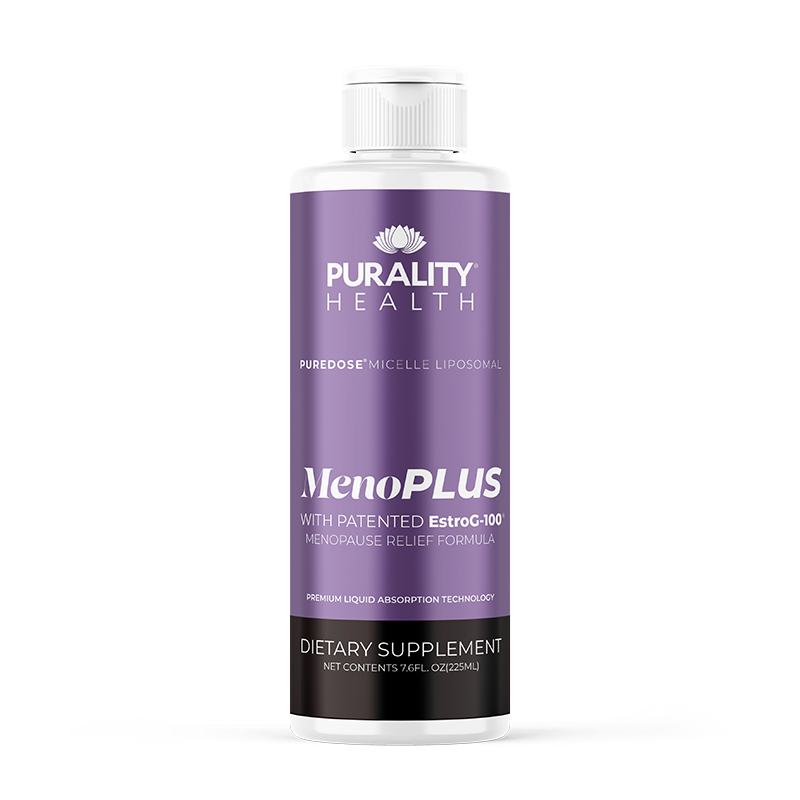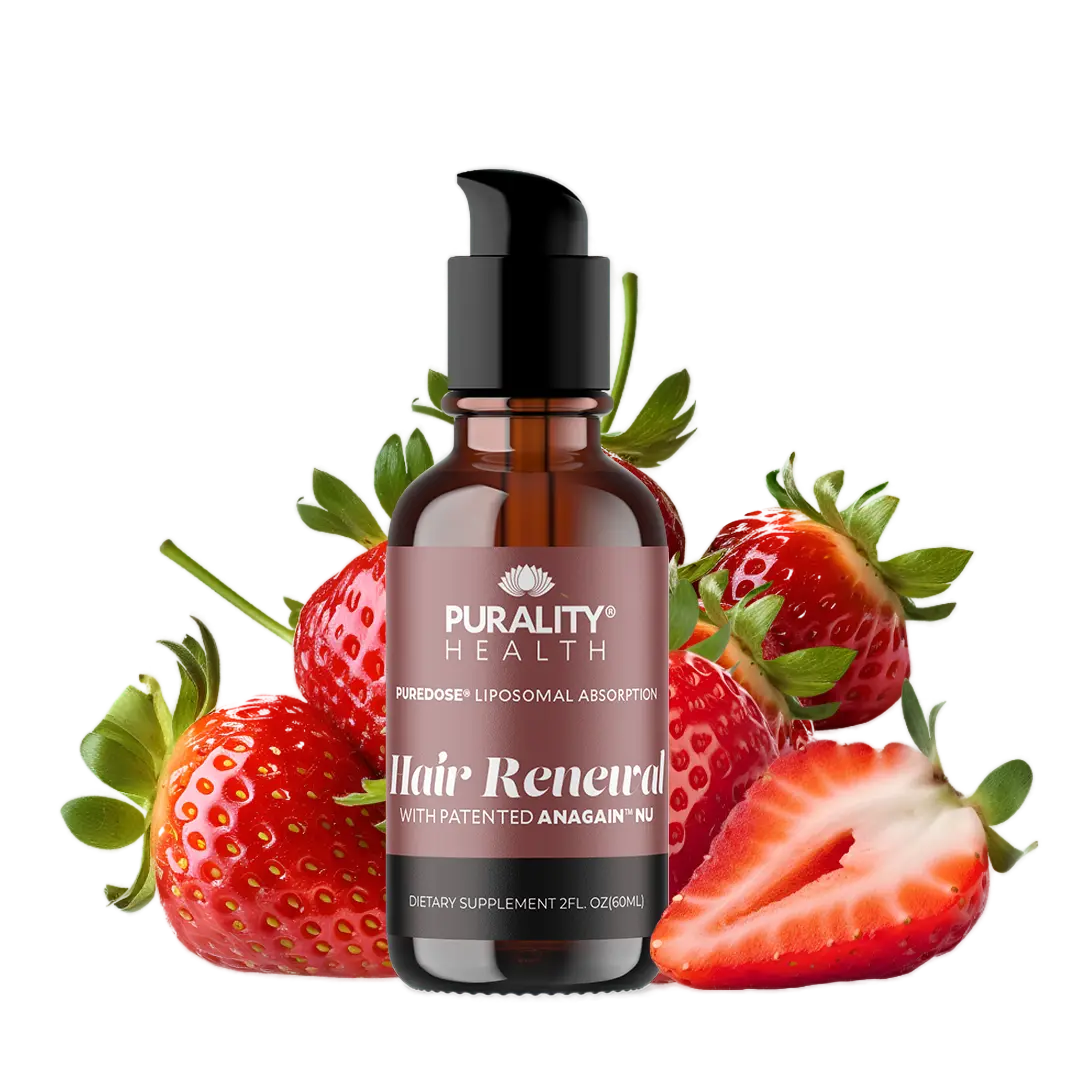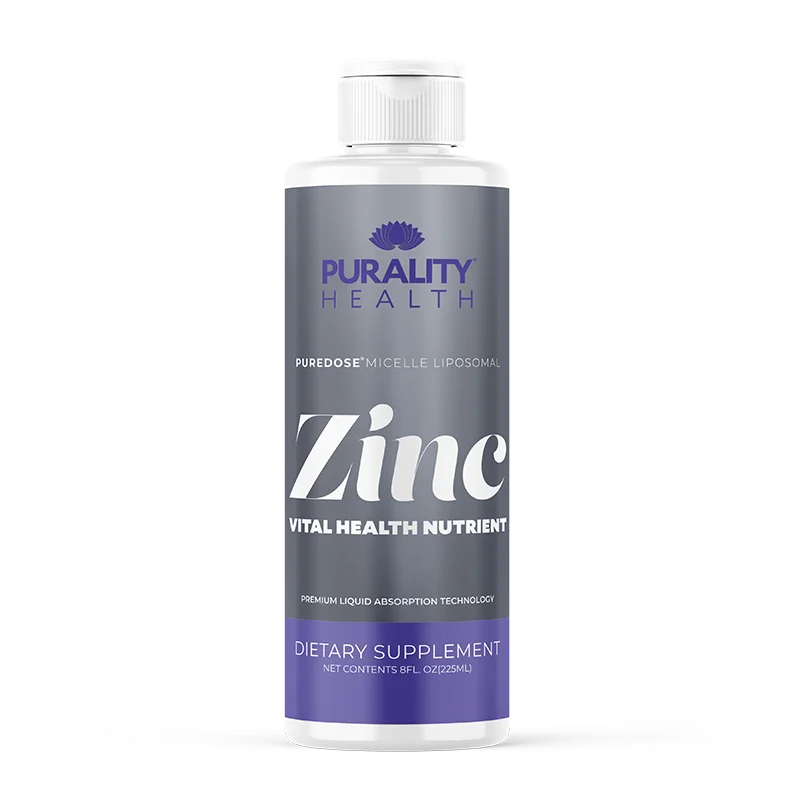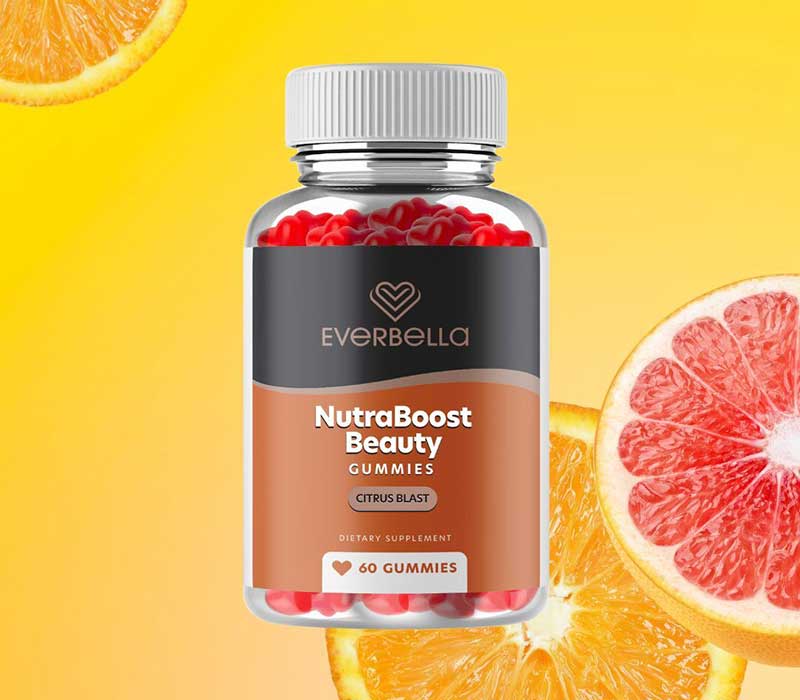9 Healthier Alternatives To SUGAR
 Would you eat 16 sugar cubes in one sitting? Probably not, right? But if you’ve ever drank a regular 20 oz bottle of soda, you’ve already had that much sugar in one sitting.
Would you eat 16 sugar cubes in one sitting? Probably not, right? But if you’ve ever drank a regular 20 oz bottle of soda, you’ve already had that much sugar in one sitting.
From pasta sauce to low-fat yogurt, sugar is in so much of what we eat. And if you eat a lot of processed foods, it’s even worse.
Did you know that the average American eats 61 pounds of refined sugar every year?
And that’s just refined sugar, meaning it excludes natural sugars such as fruit or honey.
Experts believe that sugar is a major cause of obesity and a range of health issues. So, it never hurts to cut down. But maybe you have a sweet tooth, or simply just like sugar in your tea.
Well, that’s why we’ve come up with this list of sugar alternatives that you can use to sweeten things up while keeping as healthy as possible!
*The glycemic index (GI) is a guide to know how quickly a food causes blood sugar to rise. On a scale of 0-100, it measures how soon the sugar is digested and absorbed. For reference, typical sugar has an average GI of 58.

1. Fruit
Fruit is naturally sweet and contains loads of nutrients. Substituting sugar for fruit can not only soothe that sweet tooth, but give you a boost of vitamins! You can replace a sweet treat like a cookie or piece of candy for some fruit, or find places to put fruit where you would usually put sugar.
You can outright replace sugar for fruit purée in certain recipes. Or you can find other opportunities to swap sugar out for fruit. Bake fruit right into things like pancakes so that you use less (or no) syrup, infuse fruit in a pitcher of iced tea instead of adding sugar, or simply top your baked goods with fruit.
GI: Fruit can range from 25 to 72. Do a search on what fruit you like to eat, or see if it appears in this chart.

2. Coconut Sugar
Contrary to what the name may have you think, coconut sugar doesn’t come from coconuts themselves. It comes from the tree. Specifically, the sap from the tree’s flower buds.
Caramel colored and similar in taste to brown sugar, you can substitute coconut sugar for sugar almost anywhere you’d like — in recipes, and even in your coffee or tea.
Health-wise, it is better for you than sugar as it contains some nutrients like zinc, iron, potassium, and calcium. It also contains antioxidants.
GI: 35-54, source depending.
3. Inulin
Inulin is a substance found in a wide range of fruits, vegetables, herbs, and even wheat. It’s a prebiotic, meaning it helps populate the gut with healthy bacteria.
Containing less than one-third of the calories sugar has, it is often added to recipes as a low-calorie sweetener. Though, it isn’t very sweet itself, so you may find it mixed with other sweeteners (like monk fruit sweetener, which we will cover in a moment!)
GI: 14
4. Coconut Syrup
Rich in iron and zinc, containing several amino acids, and antioxidants, coconut syrup is a good way to get some extra nutrients with something sweet. It also has an enzyme and prebiotic to help with digestion!
 Basically the maple syrup of coconut trees, this could be a good alternative to drizzle on pancakes, add to your coffee, or in a recipe (just make sure that it won’t affect the texture of your recipe).
Basically the maple syrup of coconut trees, this could be a good alternative to drizzle on pancakes, add to your coffee, or in a recipe (just make sure that it won’t affect the texture of your recipe).
GI: 35
5. Stevia
Here’s one you could grow in your own garden! Stevia is derived from the stevia plant (native to South America), which has been used for health benefits by native cultures for many years. It’s 200-300 times sweeter than sugar and classified as a “zero-calorie” sweetener.
Stevia leaves do contain vitamins and minerals, however, these are lost when stevia is processed into a sweetener. Due to how sweet it is, very little is needed in comparison to sugar. As a result, it is often used for weight management when replacing sugar.
If you do choose to swap out sugar for stevia, remember to alter your recipes accordingly, as you’ll need less stevia than you would sugar.
GI: 0

6. Maple Syrup
You likely already know that maple syrup comes from the sap of maple trees. It’s a sticky and thick liquid that goes great on pancakes or waffles. But the problem is that it is high in sugar itself. That being said, it would still be better than sugar, due to its nutrient density.
Maple syrup contains at least 24 antioxidants, along with some minerals — including over 100% of the recommended daily intake (RDI) of manganese in one-third of a cup.
If you’re going to swap out sugar for maple syrup, it’s best to be mindful of how much you’re using due to the sugar content.
GI: 54
7. Monk Fruit Sweetener
Monk fruit sweetener has been around for awhile, but it’s only recently become popular due to increased availability.
 Monk fruit sweetener is extracted from, well, monk fruit. It’s a fruit native to Southeast Asia that also goes by the names luo han guo and Buddha fruit. It has been used in traditional Chinese medicine for thousands of years.
Monk fruit sweetener is extracted from, well, monk fruit. It’s a fruit native to Southeast Asia that also goes by the names luo han guo and Buddha fruit. It has been used in traditional Chinese medicine for thousands of years.
Monk fruit sweetener has very low calories, is 100-250 times sweeter than regular sugar, and its sweetness actually comes from its antioxidant properties.
Due to its high sweetness, it is usually mixed with sweeteners that aren’t as strong, such as inulin. If you do decide to swap out your sugar for monk fruit sweetener, keep in mind that you will likely need less due to its potency, especially if you’re using pure monk fruit sweetener.
GI: 0
 8. Vegetable Glycerin
8. Vegetable Glycerin
Also known as glycerol or glycerine, vegetable glycerin is typically made from heating and pressuring oil until the glycerol molecule is isolated.
Syrupy and sweet, this substance not only enhances taste, but can also help aid in digestion. It is used in products as a sweetener that doesn’t spike blood sugar, as a general sweetener, and also to help hold moisture.
It’s also highly regarded for its skin benefits. When applied topically, glycerin can help keep the skin moist and protected.
For this reason, many soaps and skin care products contain glycerin.
GI: 3
PuraTHRIVE’s Sweetener
Here at PuraTHRIVE, we use glycerin in our products to help keep the product as fresh as possible, naturally. Our glycerin comes from non-palm (orangutan friendly), non-GMO, organic coconuts.
This gives our products a great taste while keeping them fresh, all without the use of sugar or a synthetic preservative. Every ingredient in our products are natural, non-GMO, organic when possible, soy- and corn-free, and they all have a job. So there’s no filler!
Not only that, but our products are designed to be absorbed, meaning you get an all-natural product that actually works!
Click Here To Save!








 8. Vegetable Glycerin
8. Vegetable Glycerin